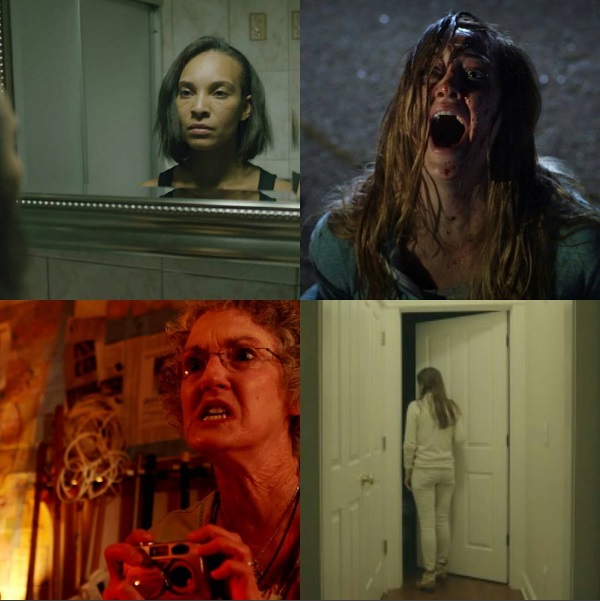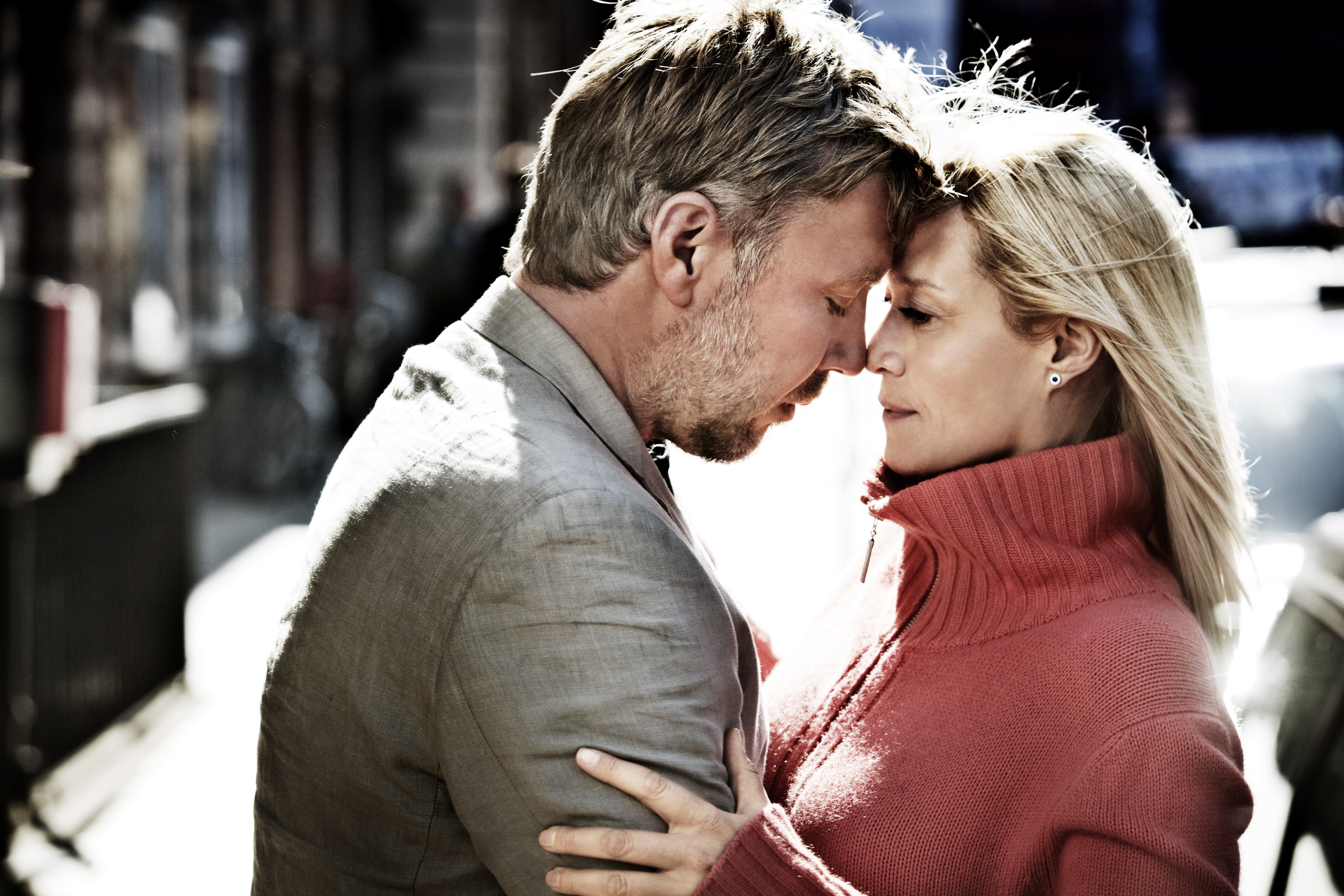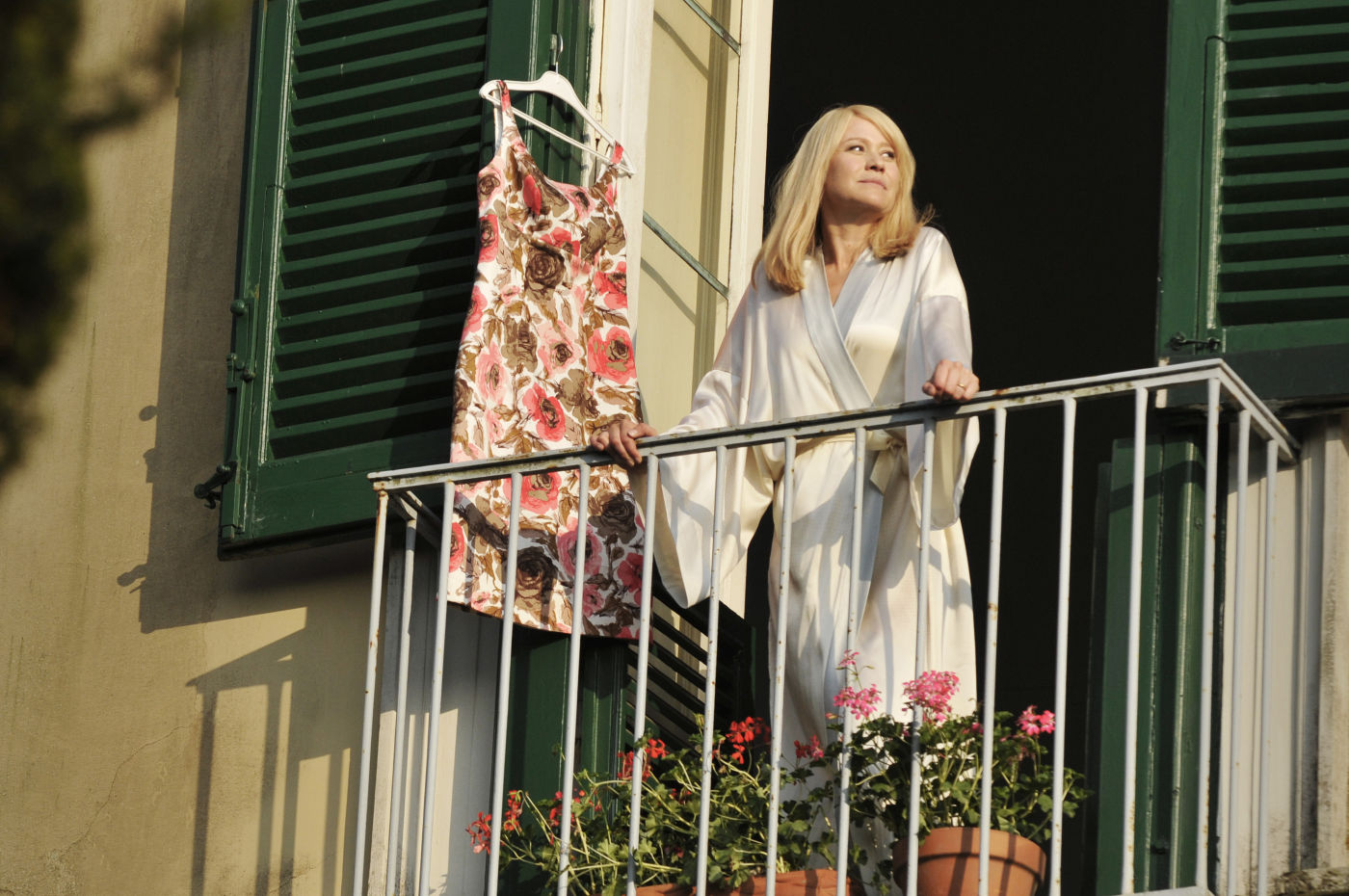This guest post written by Sonia Lupher appears as part of our theme week on Women in Horror.
“What film are you with?” If you ever find yourself at an independent horror film festival, this is a question you will likely be asked by fellow attendees. At least, this is the question you want to be asked. But, as many women mentioned at the first annual Women in Horror Film Festival (WIHFF) in Peachtree City, Georgia last September, when you attend a general horror film festival as a woman, you’re more likely to be asked, “What part do you play?” Producer-writer-director and Sick Chick Flicks Film Festival founder Christine Parker told me, “They just assume I’m an actress. They would never assume that I directed it or made the film myself.”
That’s the assumption that women-centric horror film festivals intend to quash. They’re also, as WIHFF co-director and filmmaker Samantha Kolesnik said, a growing platform for “equal representation” in all aspects of film production. The Women in Horror Film Festival is just one of a handful of film festivals devoted to women in horror film production that has sprung up in the last few years in the wake of Women in Horror Month, an initiative founded in 2010 by Hannah Neurotica of the Ax Wound Film Festival. WIHFF, unlike many other film festivals, accepts films helmed by men as long as there are women in three or more creative roles: producer, director, writer, lead talent, composer, SFX artist, editor, production designer, and/or cinematography. This is because, as Kolesnik and WIHFF co-founder and filmmaker Vanessa Ionta Wright point out, the festival strives to shed light on the role of women across all areas of horror film production.
Some of the WIHFF award winners pose with festival directors Samantha Kolesnik and Vanessa Ionta Wright (bottom row, first and fourth from left).
Indeed, WIHFF showcased tons of incredible shorts and features from women directors across the globe, such as Norma Vila’s Jules D. (Spain), Aislínn Clarke’s Childer (Ireland), and Mia’kate Russell’s Liz Drives (Australia). Canadian directing-duo Jen and Sylvia Soska were also in attendance as invited guests, sharing tips and dropping hints about their upcoming remake of David Cronenberg’s Rabid. But among the non-director stars of the festival were Melissa Lyons, who penned and co-produced Alfred J. Hemlock, Jennifer Trudrung, who wrote/produced/starred in audience favorite Unbearing, and Ruin Me editor/producer/co-writer Trysta Bissett. The primary goal of WIHFF, as Kolesnik and Wright made clear, is to offer inclusive networking for women and their male allies in horror while showcasing the impressive work they are already undertaking.
This latter goal is shared by a handful of other festivals around the world. Neurotica, who co-runs the Ax Wound Film Festival with Ashlee Blackwell (who also founded Graveyard Shift Sisters, a site devoted to Black women in horror) and Miki Hickel, is very vocal about the importance of seeing other women in horror film production for budding filmmakers. The upcoming festival, which will feature film screenings, panels, and workshops (including a workshop on crowdfunding led by filmmaker Christina Raia), strives to get more horror-inclined women behind the camera. Neurotica is firm on the non-competitive atmosphere of the film festival, describing the mission of Ax Wound as one of collaboration and support. As a result, Ax Wound does not give awards. “There is so much competition among women in this field. It’s brutal,” Neurotica wrote. “The only way we can change that is by working together, hiring each other, and networking. Ax Wound provides a safe space which we hope brings women together rather than set up hierarchies.”
Ax Wound Film Festival’s 2016 Filmmaker Panel Hosted by Jay Kay of Horror Happens Radio
The Sick Chick Flicks Film Festival (October 28-29) was developed by Christine Parker alongside her production company of the same name with the underlying intention of making it clear to women that they can make films too. As director/writer/producer Lynne Hansen (whose zombie-comedy Chomp has played at dozens of film festivals, including WIHFF) told me, it was not until she saw another woman direct a film that she realized (“way too late”) she could do it too. Film festivals play a large role in getting female filmmakers in the public eye and, in turn, inspiring other women to make their own films. Through her production company, Parker strives to teach women filmmakers the nitty-gritty aspects of filmmaking, to “foster and show them how to do lights and how to do sound,” so they can go on to make their own films. Sick Chick Flicks Film Festival is, in turn, a platform to get these films to audiences.
Sick Chick Flicks Film Festival director Christine Parker stands in front of the marquee for the 2016 festival.
In addition to WIHFF, Ax Wound, and Sick Chick Flicks, North America is home to several other film festivals featuring the work of women in horror production, while the international scene is no less rich. These festivals include:
- Etheria Film Night, which takes place in June, is an annual one-night event in Hollywood organized by Heidi Honeycutt, Stacy Pippi Hammon, and Kayley Viteo.
- The Bloody Mary Film Festival, focused on Canadian female-helmed films and organized by Laura DiGirolamo and Krista Dzialoszynski, will hold its second festival from November 30-December 1st in Toronto.
- Stranger With My Face, an annual festival founded in 2012 by Briony Kidd and Rebecca Thomson, takes place in Hobart, Tasmania. Stranger With My Face is celebrated as a leading genre event and also hosts the 48-hour Tasploitation Challenge and the Tasmanian Gothic Short Script Challenge.
- The Final Girls Berlin Film Festival, founded by Elinor Lewy, Lara Mandelbrot, and Sara Neidorf, saw its second year in June 2017.
- Scream Queen Filmfest Tokyo, founded in 2013 by Mai Nakanishi who programs and runs “the only female-centric genre film festival in Asia.”
The sheer number, not to mention the raging success, of women-centric horror film festivals demonstrates the ongoing momentum of women in horror film production and the opportunities that these festivals offer to them. What makes these festivals fundamentally different from genre film festivals at large? “I would dare anybody to look up different festivals’ past winners and finalists and tally up the statistics – see how many of these films are directed by women, written by women, how many have special effects artists that were women and how many times there was just one woman on the team,” Kolesnik said. It’s about showcasing the impressive work that women are doing in the genre, offering collaboration opportunities, and ensuring that the presence of women in horror filmmaking remains strong. Visibility, equal opportunity, and demonstrating the grit women bring to horror are what these film festivals are all about.
First image features film stills from Paralysis, Ruin Me, Chomp, and Unbearing. Second image courtesy of Women in Horror Film Festival. Third image courtesy of Ax Wound Film Festival. Fourth image courtesy of Sick Chicks Flicks Film Festival.
Sonia Lupher is originally from the Pacific Northwest, but moved east to pursue a doctoral degree in the Film Studies program at the University of Pittsburgh. She is fulfilling her lifelong dream of watching movies for a living, and especially loves horror movies directed by women. You can follow her on Twitter @SoniaLupher.








